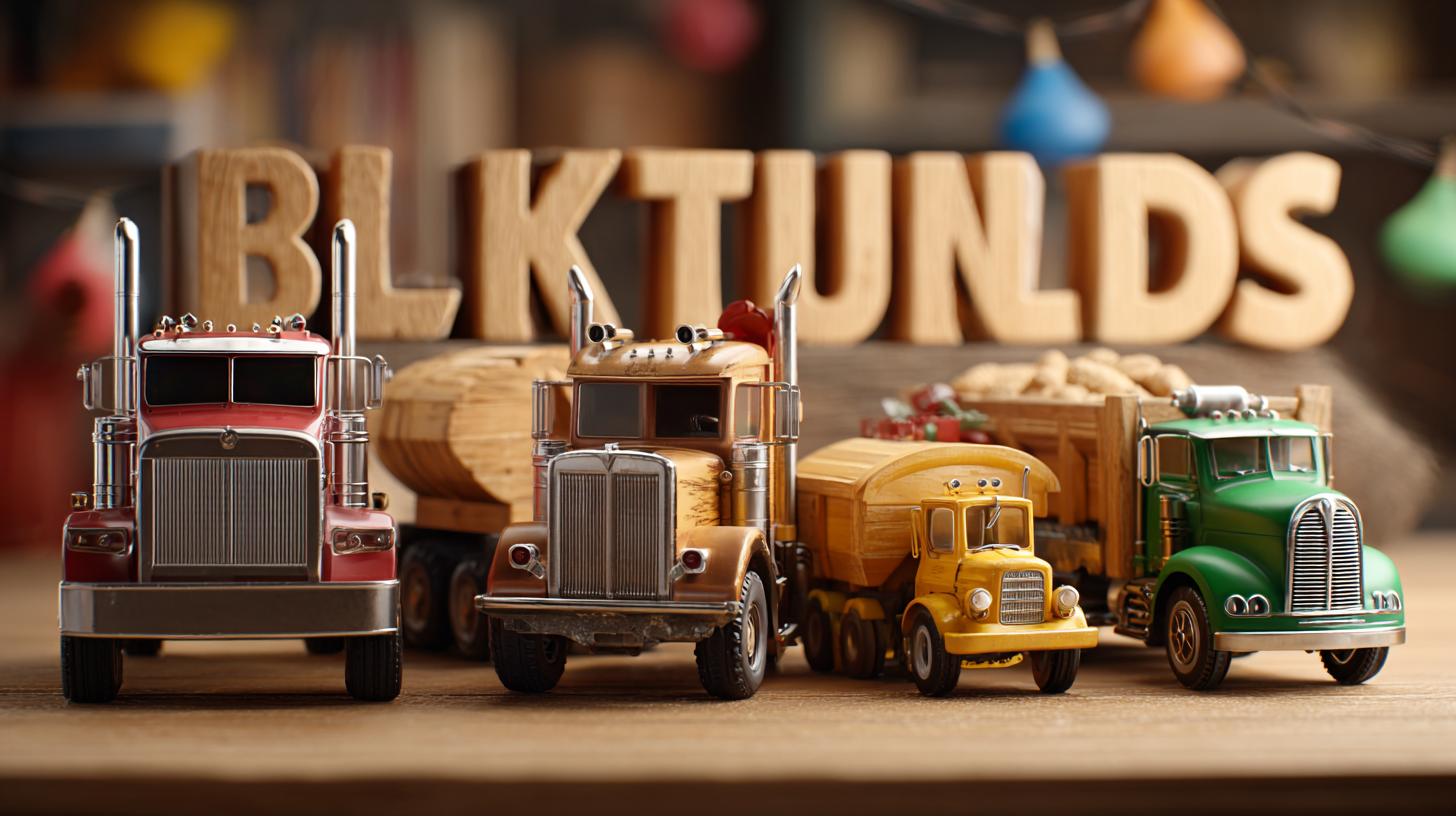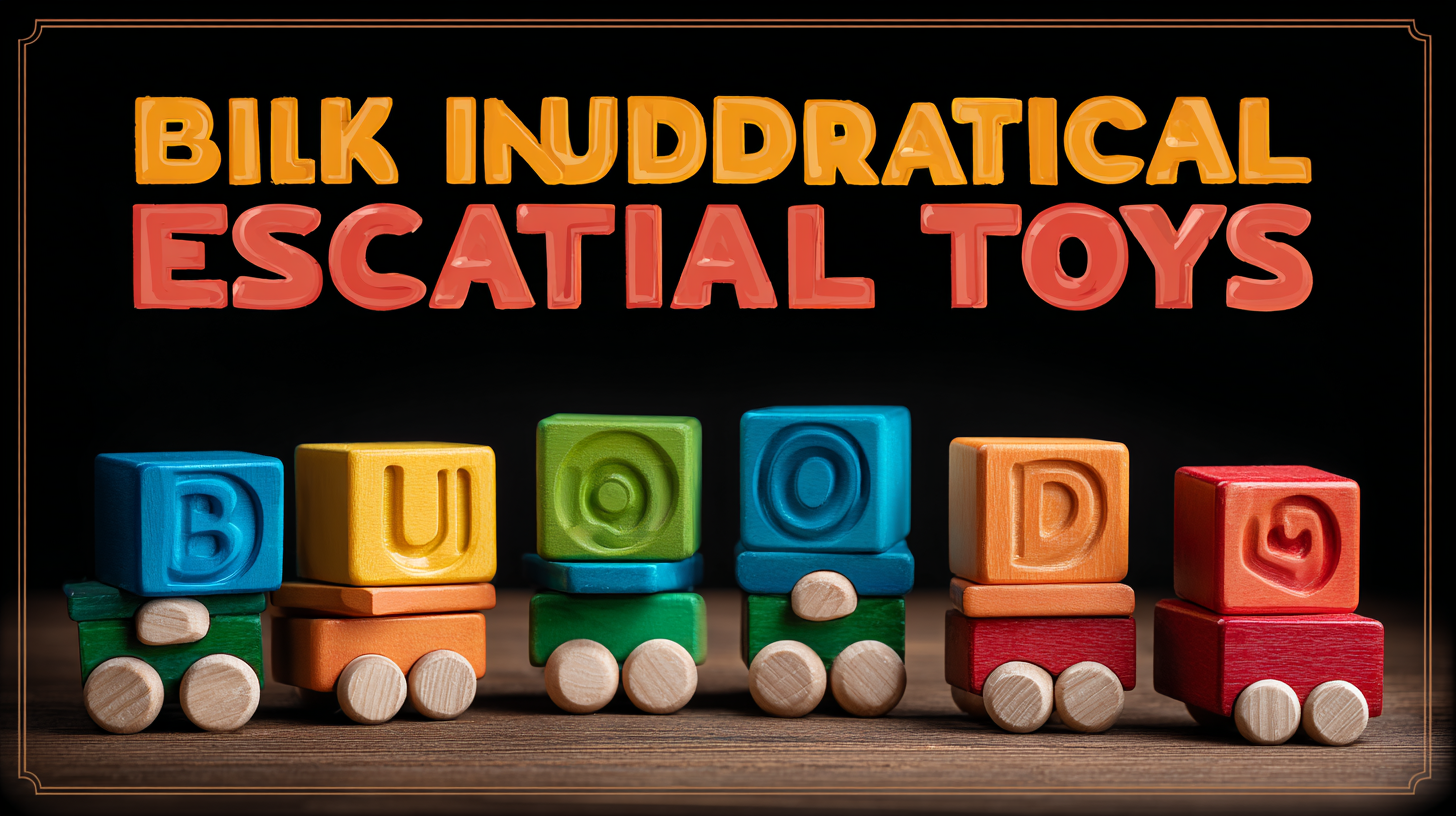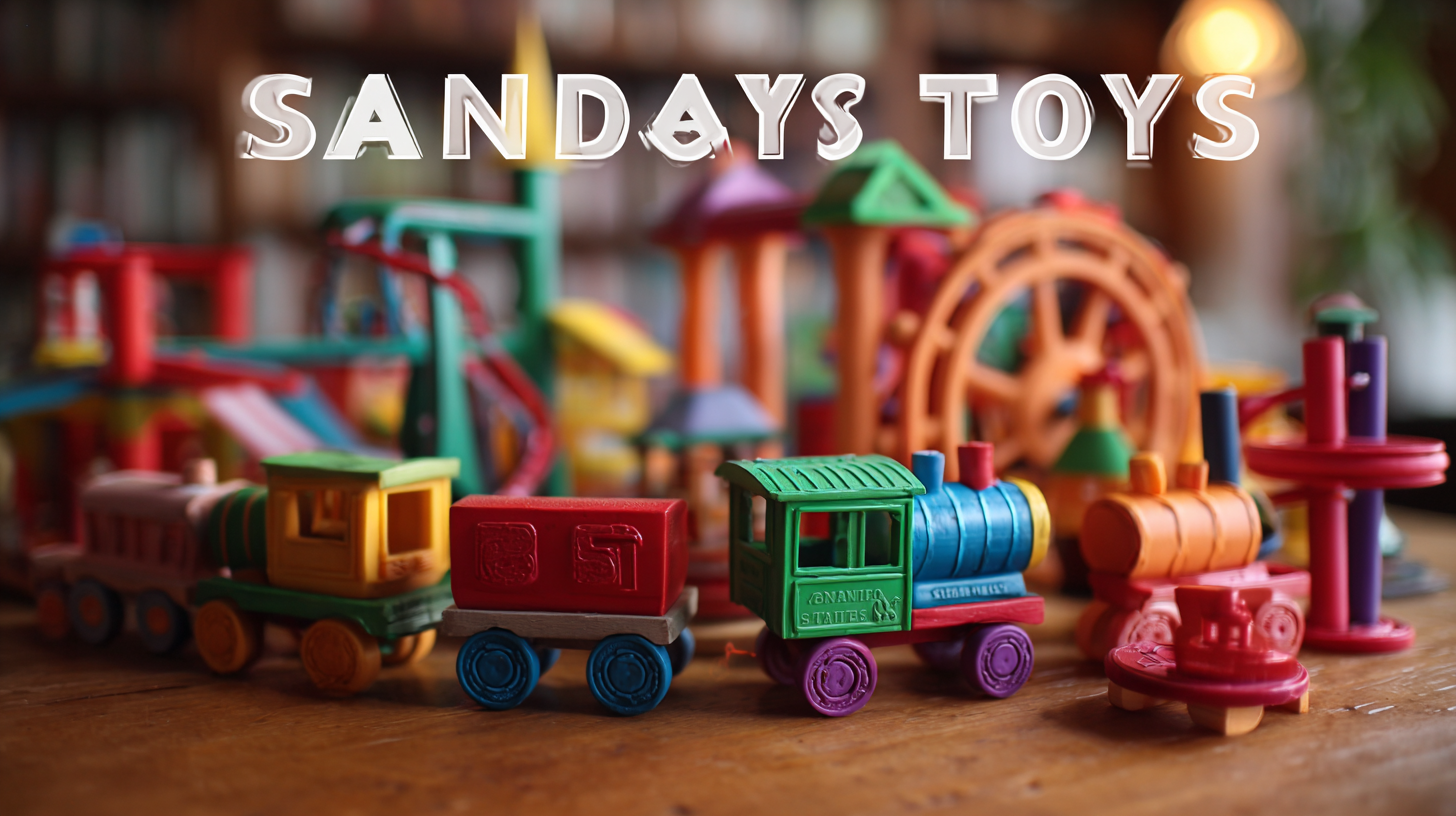 English
English-
 English
English -
 Español
Español -
 Português
Português -
 русский
русский -
 Français
Français -
 日本語
日本語 -
 Deutsch
Deutsch -
 tiếng Việt
tiếng Việt -
 Italiano
Italiano -
 Nederlands
Nederlands -
 ภาษาไทย
ภาษาไทย -
 Polski
Polski -
 한국어
한국어 -
 Svenska
Svenska -
 magyar
magyar -
 Malay
Malay -
 বাংলা ভাষার
বাংলা ভাষার -
 Dansk
Dansk -
 Suomi
Suomi -
 हिन्दी
हिन्दी -
 Pilipino
Pilipino -
 Türkçe
Türkçe -
 Gaeilge
Gaeilge -
 العربية
العربية -
 Indonesia
Indonesia -
 Norsk
Norsk -
 تمل
تمل -
 český
český -
 ελληνικά
ελληνικά -
 український
український -
 Javanese
Javanese -
 فارسی
فارسی -
 தமிழ்
தமிழ் -
 తెలుగు
తెలుగు -
 नेपाली
नेपाली -
 Burmese
Burmese -
 български
български -
 ລາວ
ລາວ -
 Latine
Latine -
 Қазақша
Қазақша -
 Euskal
Euskal -
 Azərbaycan
Azərbaycan -
 Slovenský jazyk
Slovenský jazyk -
 Македонски
Македонски -
 Lietuvos
Lietuvos -
 Eesti Keel
Eesti Keel -
 Română
Română -
 Slovenski
Slovenski -
 मराठी
मराठी -
 Srpski језик
Srpski језик -
 Esperanto
Esperanto -
 Afrikaans
Afrikaans -
 Català
Català -
 שפה עברית
שפה עברית -
 Cymraeg
Cymraeg -
 Galego
Galego -
 Latviešu
Latviešu -
 icelandic
icelandic -
 ייִדיש
ייִדיש -
 беларускі
беларускі -
 Hrvatski
Hrvatski -
 Kreyòl ayisyen
Kreyòl ayisyen -
 Shqiptar
Shqiptar -
 Malti
Malti -
 lugha ya Kiswahili
lugha ya Kiswahili -
 አማርኛ
አማርኛ -
 Bosanski
Bosanski -
 Frysk
Frysk -
 ភាសាខ្មែរ
ភាសាខ្មែរ -
 ქართული
ქართული -
 ગુજરાતી
ગુજરાતી -
 Hausa
Hausa -
 Кыргыз тили
Кыргыз тили -
 ಕನ್ನಡ
ಕನ್ನಡ -
 Corsa
Corsa -
 Kurdî
Kurdî -
 മലയാളം
മലയാളം -
 Maori
Maori -
 Монгол хэл
Монгол хэл -
 Hmong
Hmong -
 IsiXhosa
IsiXhosa -
 Zulu
Zulu -
 Punjabi
Punjabi -
 پښتو
پښتو -
 Chichewa
Chichewa -
 Samoa
Samoa -
 Sesotho
Sesotho -
 සිංහල
සිංහල -
 Gàidhlig
Gàidhlig -
 Cebuano
Cebuano -
 Somali
Somali -
 Тоҷикӣ
Тоҷикӣ -
 O'zbek
O'zbek -
 Hawaiian
Hawaiian -
 سنڌي
سنڌي -
 Shinra
Shinra -
 Հայերեն
Հայերեն -
 Igbo
Igbo -
 Sundanese
Sundanese -
 Lëtzebuergesch
Lëtzebuergesch -
 Malagasy
Malagasy -
 Yoruba
Yoruba -
 简体中文
简体中文 -
 繁体中文
繁体中文
X
We use cookies to offer you a better browsing experience, analyze site traffic and personalize content. By using this site, you agree to our use of cookies.
Privacy Policy




